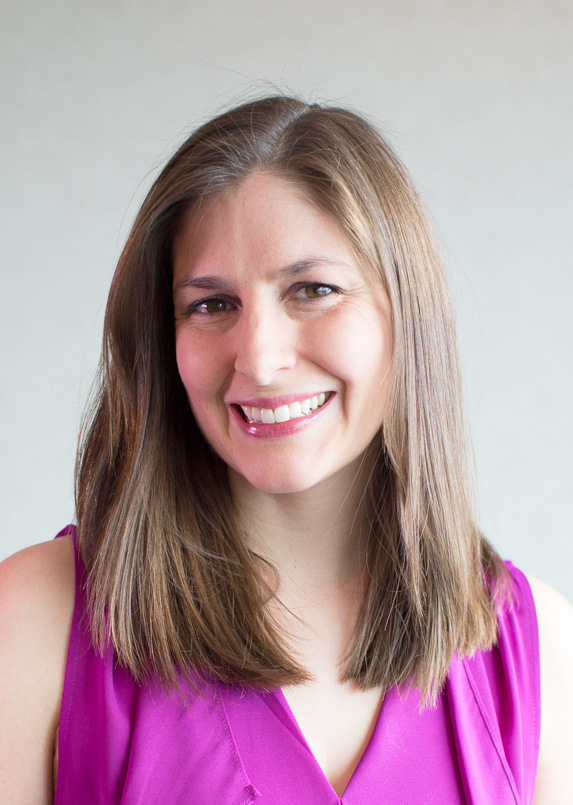Jessica Harasym

Dr. Jessica Harasym O'Byrne
PhD, MSLP, R.SLP, S-LP(C)
Senior Speech-Language Pathologist, ISTAR
Elks & Royal Purple Fund for Children Clinical Chair
A graduate of the University of Alberta, Dr. Jessica Harasym O’Byrne holds a Master of Speech-Language Pathology and a PhD in Rehabilitation Science.
As a long-time ISTAR clinician, Jessica is dedicated to providing individualized and client-focused services to children, youth and adults experiencing changes or differences in speech fluency, including developmental stuttering, cluttering, neurogenic, and psychogenic stuttering. She has completed training in the Comprehensive Stuttering Program, the Lidcombe Stuttering Treatment Program, Palin Parent Child Interaction Therapy, the Camperdown Program for Teens and Adults who Stutter, and has training necessary to provide evaluations and fittings for the Speech Easy® device.
Jessica’s research interests include communication changes resulting from concussions and mild traumatic brain injury, evidence-based treatment for neurodevelopmental and acquired stuttering, video self-modeling as a treatment maintenance strategy for people who stutter, virtual delivery of speech and language services, and stuttering treatment for individuals with complex communication and learning needs. Her current line of research pioneers the use of arts-based qualitative research methodologies in communication sciences. Jessica has co-authored peer-reviewed journal articles and presented her research at provincial, national and international conferences.
Jessica is passionate about teaching, clinical training and mentorship and enjoys speaking at public, academic, and professional events. In 2019, she was honoured to serve as a committee member for Speech-Language and Audiology Canada's position statement on the role of speech-language pathologists in concussion management.
Academic Publications
Harasym, J., Gross, D., MacLeod, A. A. N., & Phelan, S.K. (Submitted). “They Smirk ‘But You’re Not Dying’” and Other (Mis)Understandings About Communication and Concussion Navigated by Youth: An Arts-Based Reflexive Collective Case Study. Social Science and Medicine.
Harasym, J. A., Gross, D. P., MacLeod, A. A. N., & Phelan, S. K. (2024). “This Is a Look Into My Life”: Enhancing Qualitative Inquiry Into Communication Through Arts-Based Research Methods. International Journal of Qualitative Methods, 23. https://doi.org/10.1177/16094069241232603
Harasym, J.A., Gross, D.P., MacLeod, A.A.N. & Phelan, S.K. (2024) ‘Do it afraid’: An arts-based reflexive collective case study exploring youth responses to post-concussion communication changes in daily life. International Journal of Language & Communication Disorders, 1–18. https://doi.org/10.1111/1460-6984.13082
Jones, C., Harasym, J., Miguel-Cruz, A., Chrisholm, S., Smith-MacDonald, L., & Breamult-Phillips, S. (2021). Neurocognitive Assessment Tools for Military Personnel with Mild Traumatic Brain Injury: A Scoping Literature Review. Journal of Medical Internet Research, Mental Health. doi:10.2196/26360 (https://mental.jmir.org/2021/2/e26360/)
Harasym, J., Langevin, M., & Kully, D. (2015). Video self-modeling as a post-treatment fluency recovery strategy for adults. Journal of Fluency Disorders, 44, 32–45. https://doi.org/10.1016/j.jfludis.2015.01.003
Harasym, J., & Langevin, M. (2012). Stuttering treatment for a school-age child with Down syndrome: a descriptive case report. Journal of Fluency Disorders, 37(4), 253–262. https://doi.org/10.1016/j.jfludis.2012.05.002
National Position Statement
Speech-Language and Audiology Canada. Role of Speech-Language Pathologists in Concussion Management Position Statement [Internet]. 2019. https://www.sac-oac.ca/sites/default/files/SAC_S-LPs_in_Concussion_Management_Position_Statement_EN.pdf
Committee Members
Skirving, E., Harasym O’Byrne, J., MacDonald, S., Vowles, M., Welch-West, P., Wright, M.